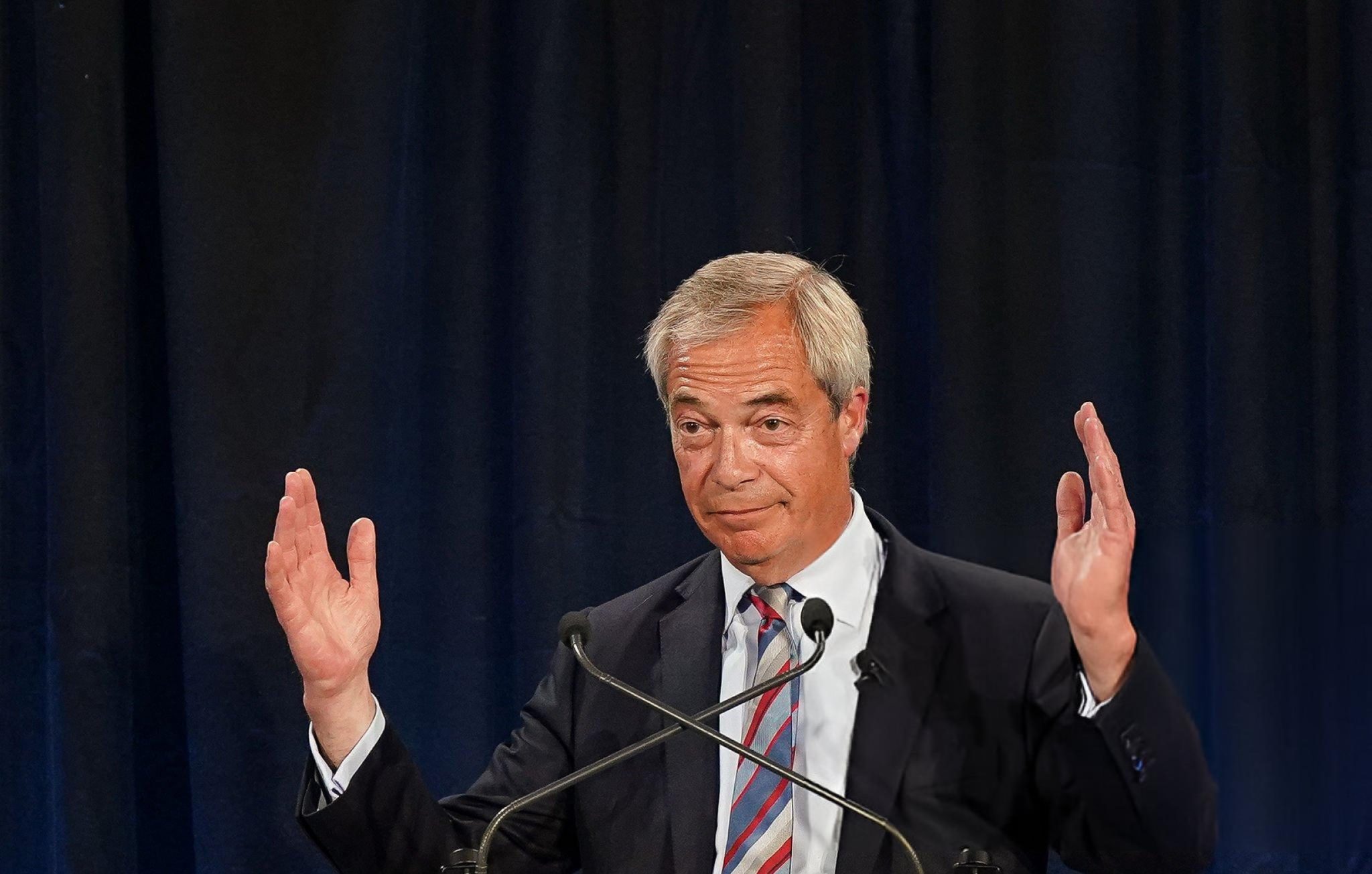Labour’s latest shift on immigration policy has sparked a flurry of commentary – and one party claiming quiet victory. As the Government prepares to publish its White Paper on migration next week, it’s becoming increasingly clear that Reform UK has set the pace, not just for the Conservatives, but for Labour as well.
Home Secretary Yvette Cooper has unveiled plans to clamp down on abuses of the asylum system, including measures targeted at visa overstayers. Under the new proposals, applicants from countries with a track record of overstaying – such as Pakistan, Nigeria, and Sri Lanka – may see their visa applications refused outright if they fit known patterns of behaviour. One such red flag? Claiming asylum after entering the UK on a work, visitor or student visa, particularly when there’s little evidence of engagement with a university course.
It’s a sharp pivot, especially from a party that just months ago was accused of being “soft” on migration. Yet of the 40,000 asylum claims made last year by those who originally entered the country on a legal visa, 16,000 came from former foreign students, 11,500 from work visa holders, and 9,500 from visitor visa recipients. That figure – 40,000 – outstrips even the number arriving by small boats, an issue which has dominated the headlines.
The direction of travel is unmistakable. Labour, under Keir Starmer and Cooper, is shifting its stance – and it’s no mystery why. Reform UK’s recent rise, most visibly under the stewardship of Nigel Farage, is cutting into Labour’s traditional working-class base. In towns where migration concerns are high and community cohesion is fraying, Reform has struck a chord. Figures like Wes Streeting acknowledge it openly: Labour has a Reform problem.
The Government’s crackdown, however, appears more symbolic than substantial. While the messaging may appeal to would-be Reform voters, the overall impact on migration numbers is likely to be minimal. Official figures show net migration stood at 728,000 last year. The previous year, it was a record-breaking 906,000. These are staggering figures – nearly a million extra people arriving in a single year, after accounting for British citizens leaving.
Even this year’s reduced total is more than triple the pre-Brexit average. It’s no surprise, then, that local councils are reporting increased pressures on housing, NHS services, and schools. Nor is it irrelevant that nearly one million 16-24 year-olds in Britain are neither working nor studying. For many voters, this isn’t just about numbers – it’s about fairness and sustainability.
While Cooper’s efforts to tighten the asylum rules are commendable, they stop short of tackling the deeper structural issue: Britain’s overreliance on imported labour. That subject remains largely taboo – even as voters feel the effects.
And if Labour is keen to win back trust, its leaders might also consider a more serious response to crimes that have disproportionately affected working-class communities. Lucy Powell, the Leader of the Commons, recently drew criticism for her dismissive response on BBC Radio 4’s Any Questions when the subject of Pakistani grooming gangs was raised. Her sarcastic reference to “blowing that little trumpet” and “getting the dog whistle out” struck many as patronising and tone-deaf. Though she later clarified her seriousness on the matter of child abuse, the damage was done.
An honest reckoning with such issues – and a willingness to investigate them robustly – would show voters that Labour is willing to tackle uncomfortable truths. Reform UK’s influence isn’t just evident in the immigration figures, but in the conversations Labour is now being forced to have.
Nigel Farage, for his part, may well be watching all this with some satisfaction. With a general election looming, his party hasn’t just shifted the debate – it’s shaping the policy agenda. Whether Reform ultimately wins seats or not, its fingerprints are already on the next phase of British politics.






